One of the easiest and least expensive ways to recharge and power up the soil in your garden is to use animal manure. Not only can you almost always find it for free, it also happens to be full of the nutrients and minerals that plants need most!
Manure has been used for centuries by al kinds of civilizations to recharge soil and help energize crops. In fact, some estimates date its use as far back as 8000 years or more. Animal manure is teeming with all kinds of life. Beyond its high nutrient value, it also contains helpful enzymes and bacteria that help soil as well.
But when talking about using manure in a garden, it’s important to know that not all animal manures are the same. Especially when it comes to the power they contain – and using them to help safely power your garden and the plants growing in it.
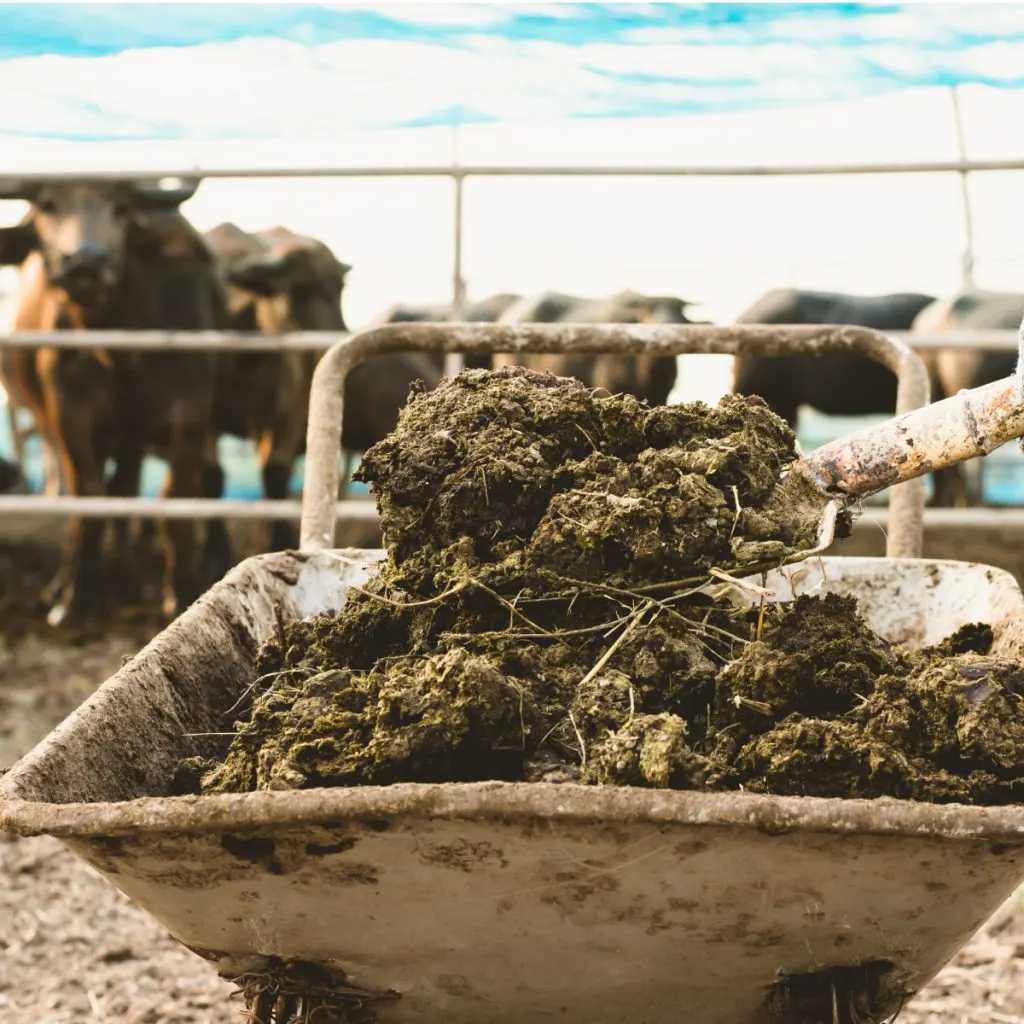
Manures To Avoid – How To Use Animal Manure In A Garden
Plain and simple, the manure from a few animals should never be put in a garden or near vegetable crops. At the top of this list is the manure from family pets such as dogs and cats. These can carry harmful pathogens that even home compost piles can’t kill.
It’s also best to always avoid manure that comes from large commercial farms. Big farm operations usually treat their animals with an array of supplements, antibiotics and more. Unfortunately, there is no way of knowing what might pass through their manure and then into your soil.
So what animals can you use for manure and how is it best used? With answers to those two important questions, here is a look at some of the best choices to use for animal manure in your garden – and how to best apply them to help your soil and plants come alive with power!
How To Use Animal Manure In A Garden
The Best Manures For A Garden
We will cover how to use manure in various ways later in the article, but let’s start with a few of the best choices of animal manures that can help recharge and power a home garden.
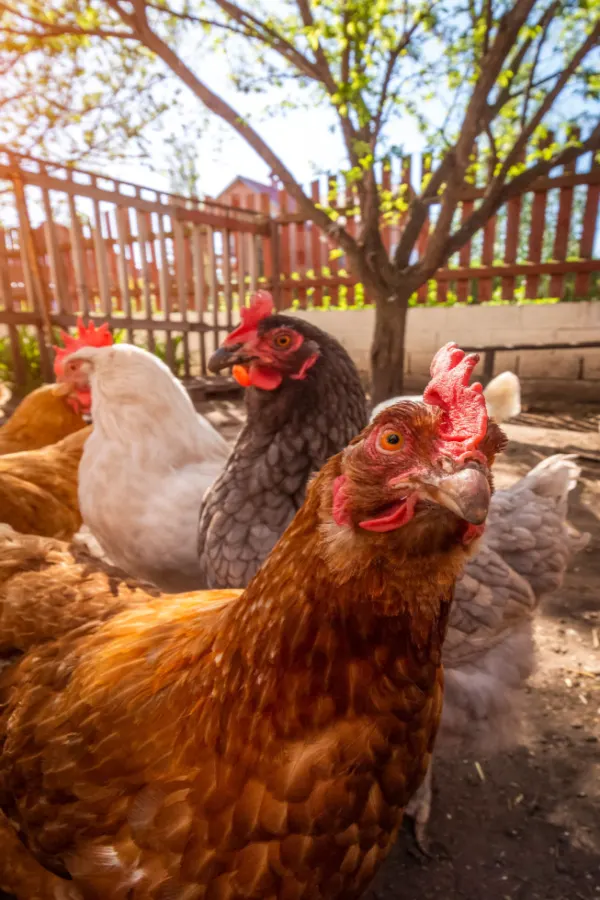
Chicken Manure
More and more people are raising their own chickens in their backyard. And does doing so ever give those who garden a great resource for energizing their soil and plants!
When it comes to powering soil, plants and compost piles, chicken manure is one of the best choices of all. It is overflowing with all kinds of amazing nutrients and minerals that you can use in so many different ways for soil and plants.
Chicken manure is high in organic matter. In fact, nearly a third of its entire makeup is made up of organic materials. As chickens scratch and feed on everything from grass, bugs, seeds and more, they consume a diet rich in organic material.
In addition chicken manure contains high levels of nitrogen, phosphorous and potassium. These, of course, are the trilogy of nutrients most vegetable plants and flowers need most to thrive.
A word of caution with chicken manure – they produce a very hot manure. It should always be allowed to age or be composted before using. In addition, it’s more alkaline in nature and not good to use around acid loving plants as it can change the soil’s pH.

Horse Manure – How To Use Animal Manure In A Garden
Horse manure is another manure that can usually be easy to source. It has a makeup of about 25% organic matter, making it another fine choice for adding lots of humus to the soil. It does not quite have the nitrogen makeup of chicken manure, but it still adds plenty of nutrients.
Aged horse manure is great for top dressing gardens in the fall. The horse dung breaks down quickly over the winter months, adding structure, nutrients and organic mass to the soil.
Adding it to home compost piles can also help add moisture and increase internal temperatures of your pile. With a high moisture content of nearly 75%, it also helps provide moisture and oxygen to the core of a compost pile to speed up decomposition.
Cow Manure – How To Use Animal Manure In A Garden
One of the most available and easily sourced of all manures is that which comes from cows. Although it has the least amount of organic matter and nitrogen of the five featured today, it still brings plenty of benefits to your soil and plants.
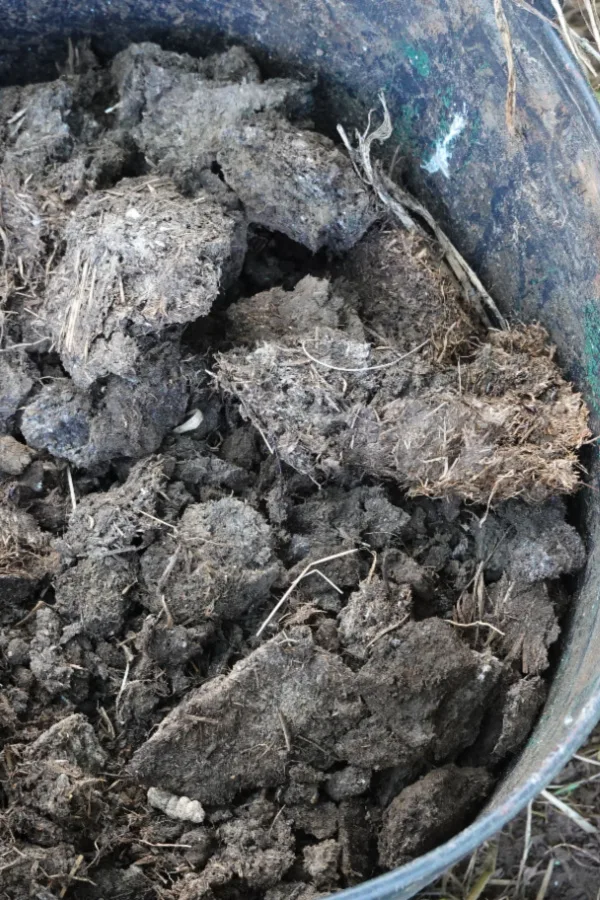
Because it’s a larger size of manure, the sheer mass allows for a huge amount of organic matter to go into your garden or compost pile all at once. Cow manure is actually one of the best manures to use for top dressing gardens in the fall.
Just like horse manure, it decomposes quickly and by spring, it has broken down and is ready to power plants. Because it is so plentiful, you can usually get enough to do your whole garden too!
Fresh cow manure does have a lot of moisture within its core. That can be extremely beneficial for helping compost piles to both heat up and activate. Another great use for cow manure in the fall is for adding to shredded leaves to make a fast decomposing leaf pile.
The two ingredients help to break each other down quickly. In fact, quick enough that a fall pile can be ready to use for finished compost in the garden by spring.
Rabbit Manure – How To Use Animal Manure In A Garden
Fresh rabbit manure is a close second to chicken manure when it comes to nutrient levels. With nearly a quarter of its makeup consisting of organic matter, it provides plenty of structure and substance to soil as well.
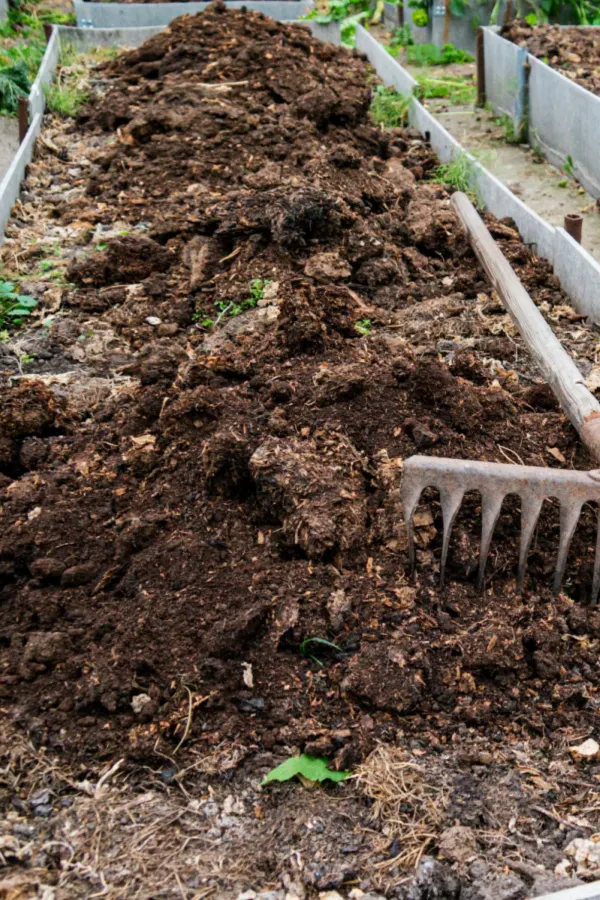
Just like chicken manure, it also has a fair amount of nutrients, including a high level of nitrogen. Rabbit manure is also extremely easy to work with when compared to most other manures. The small, round droppings are easy to scoop up from cages and work into a compost pile or fall garden soil.
Like all manures, it’s best to age or compost rabbit manure before using. Left to age, it can usually break down and be ready for use within 3 to 4 months if outside temperatures remain above freezing.
Mixing it with shredded leaves while it composts will help speed up the process. It’s also an excellent addition to add to traditional compost piles. The high moisture content and nitrogen levels help it to heat up a pile incredibly fast!
Goat Manure – How To Use Animal Manure In A Garden
With the ever increasing popularity of home goat ownership, access to goat manure has never been better. Even more, goat manure is extremely balanced. When composted and aged, it can re-energize soil and plants in quick fashion after its applied to the soil.
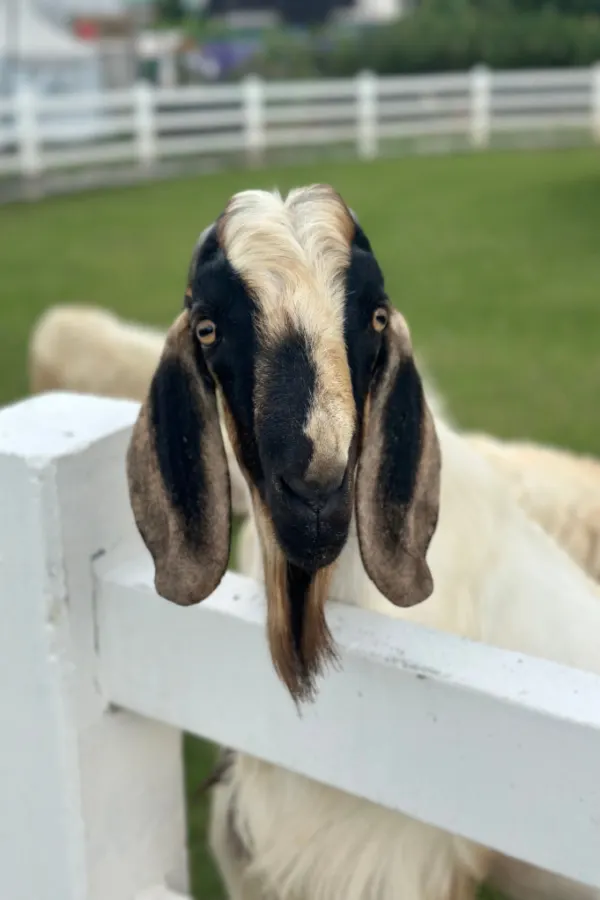
Goat manure has a fairly high organic makeup and moisture content. When aging, the manure breaks down quickly, especially when added into a traditional compost bin or pile. Best of all, goat manure has one of the least odorous smells of all when it comes to fresh manure!
How To Best Use Animal Manure In A Garden
Now that we have covered the best choices for manure, how can it best be used for your garden? As noted above, fresh manure is overflowing with energy. For this reason, fresh manure is considered “hot” – meaning it will burn plants easily.
So what can you do with fresh manure? The simple answer is to let it compost and break down first. The good news is that you can do this in your compost pile or by letting it age by itself in its own pile.
Fresh manure is actually one of the best ingredients of all to place in a home compost pile. Its “hot” properties allow it to heat up and decompose all of the pile’s ingredients fast. Once composting completes, you can use it safely everywhere – from top dressing raised beds and flowerbeds, to using it in planting holes.
You can also use composted manure for making a powerful tea to use on plants. Again, it’s important to make sure the manure has completely aged to not burn plants with the liquid tea. See: How To Make Homemade Compost Tea – Power Your Plants Naturally!
Creating A Manure-Only Compost Pile – How To Use Animal Manure In A Garden
If you don’t happen to have a traditional compost pile, you can still compost or “age” manure on its own. This process simply involves giving the manure plenty of time to break down. This can take as little as three months, or up to a year or more.
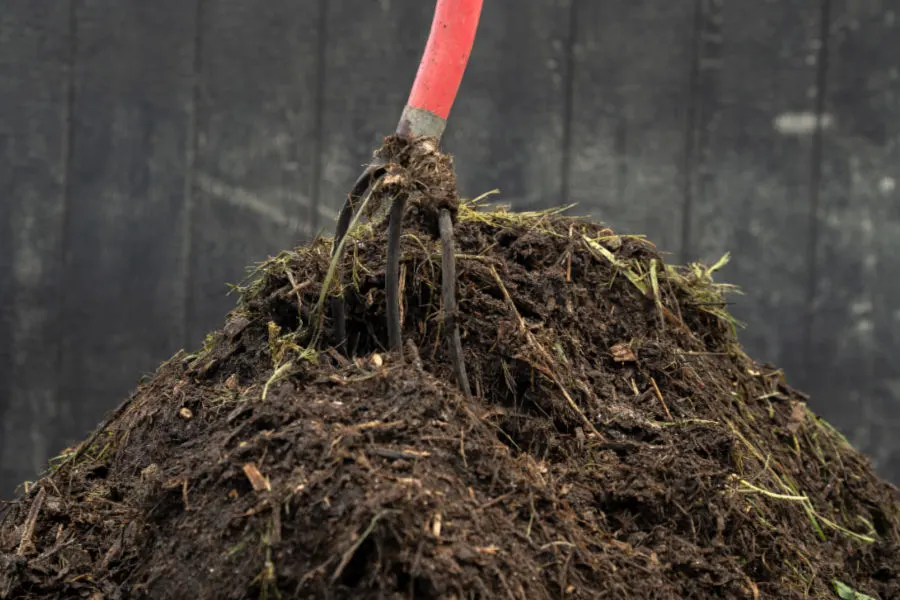
To do this, place the manure (and straw or bedding) into a pile at least 3′ wide x 3′ high and deep. By piling it up, it allows the manure to heat up quickly. Turn the pile every five to seven days to speed the process.
If you turn your manure pile a few times each week, it will usually age and be ready in just a few months. Here is to using animal manure in your vegetable garden this year. And to powering your soil and plants naturally – and inexpensively too!
This Is My Garden
Follow Our Facebook Page For Great Gardening Tips And Advice! This Is My Garden Facebook Page
This Is My Garden is a garden website created by gardeners, for gardeners. Jim and Mary Competti have been writing gardening, DIY and recipe articles and books and speaking for over 15 years from their 46 acre Ohio farm. They publish three articles every week, 52 weeks a year. Sign up today to follow via email, or follow along!
